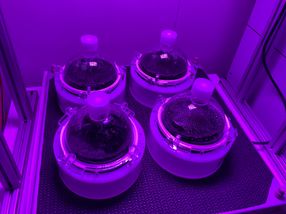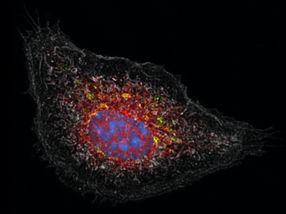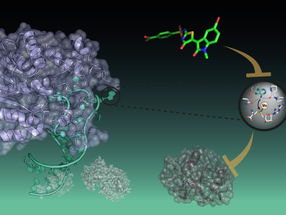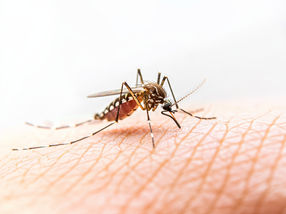BioMed X and Boehringer Ingelheim start new joint research group
BioMed X announced today the start of a new joint research group with Boehringer Ingelheim at the BioMed X Innovation Center in Heidelberg. The focus of the group will be to identify novel regulatory pathways within the innate immune system, through understanding molecular mechanisms employed by bacteria to evade or modulate innate immunity.
Bacterial pathogens have co-evolved with their human hosts for millions of years. As a consequence they have developed mechanisms to evade the host’s innate immune response, partly by specific modulation of regulatory pathways in immune cells. Therefore, the central hypothesis of this research project is that molecular mechanisms employed by bacteria for immune modulation can be systematically characterized and interrogated as starting points for novel therapeutic immune modulation concepts to treat autoimmune diseases and cancer.
First members of the new research group including the group leader were identified using BioMed X’s unique global crowdsourcing approach followed by an intense innovation boot camp in Heidelberg. Dr. Bachir El Debs, who was previously working as a senior postdoctoral fellow at the European Molecular Biology Laboratory, is an expert in high-throughput microscopy and will lead the new research group at BioMed X. In the following 2-4 years of his project term, Dr. El Debs will use a unique and systematic experimental approach to elucidate pathogen-mediated modulation of innate immunity.
“We are excited to host the third group of our partner Boehringer Ingelheim at BioMed X”, said Christian Tidona, founder and Managing Director of BioMed X. “Our ongoing successful collaboration clearly indicates an exceptional level of mutual trust and confidence in our new innovation model.”
In 2015 BioMed X and Boehringer Ingelheim signed a framework agreement for early-stage preclinical biomedical research. Since that time, three research groups have been launched, the first one focusing on epigenetics and chronic obstructive pulmonary disease (COPD), the second on brain microcircuits in psychiatric diseases, and the third one on pathogen-mediated modulation of innate immunity.
Most read news
Other news from the department science

Get the life science industry in your inbox
From now on, don't miss a thing: Our newsletter for biotechnology, pharma and life sciences brings you up to date every Tuesday and Thursday. The latest industry news, product highlights and innovations - compact and easy to understand in your inbox. Researched by us so you don't have to.
























































